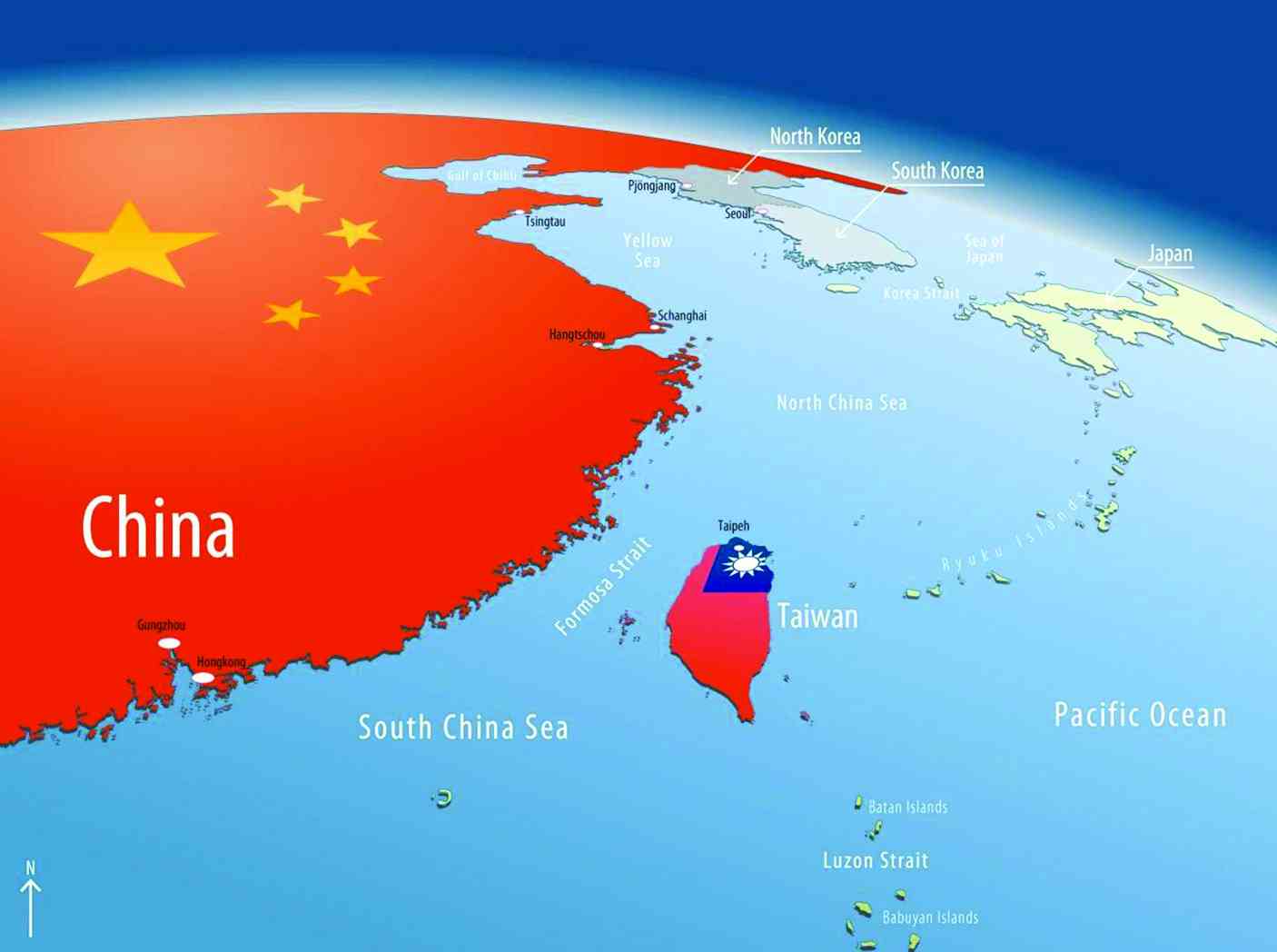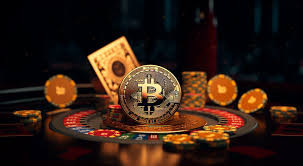
The Ukrainians have been cheering themselves up recently by sending drones to hit targets in Moscow’s business district and the more exclusive western suburbs. (The Russians, who bomb Ukrainian cities and kill civilians almost every night, refer to this as “terrorism”.)
On Monday evening, one of those Ukrainian drones was shot down over Istra, where the people not quite rich enough to live in Rublevka reside. (Houses US$2 million and up.)
“The debris fell on the street next to us,” complained Margarita Simonyan, editor-in-chief of TV network Russia Today and a high-profile on-screen supporter of Vladimir Putin’s war.
“Shame they missed,” one bold Muscovite said when the journalists came out to do their vox pop interviews next morning. Others were more cautious in their choice of words, but they were remarkably cheerful about Simonyan’s harrowing ordeal. Bits of metal were falling out of the sky, but at least they were falling on or near the right people.
This is not evidence that the Russian people are about to rise in their righteous wrath and topple the evil dictator. It just confirms that the slavish praise for President Vladimir Putin that pours out of the Russian media convinces practically nobody and that ordinary Russians see Putin’s war in Ukraine as an elite affair and no concern of theirs.
There is a message in this for China’s all-powerful leader Xi Jinping, whose situation now partly resembles Putin’s two years ago, when he was deciding to invade Ukraine. Xi may not see the parallels as clearly as outsiders can — exceptionalism tends to blur the vision — but the message is: don’t invade Taiwan.
Putin invaded Ukraine because he was in legacy mode and felt it was his destiny to “reunite all the Russias”. He wasn’t even in trouble with the public at home: selling oil and gas to the world still brought them all a modest living, and their expectations were not very high. Russians are used to putting up with poor service from their governments.
Now, as a result of his invasion, he is stuck in a military stalemate in Ukraine, strict sanctions are beginning to unravel his economy, bits of the war there are coming home to Russia, and a lot of young Russian men have been killed or wounded for nothing. “Victory” is nowhere in sight and neither is any popular enthusiasm for the act.
- The brains behind Matavire’s immortalisation
- Red Cross work remembered
- All set for inaugural job fair
- Community trailblazers: Dr Guramatunhu: A hard-driving achiever yearning for better Zim
Keep Reading
Xi’s situation is actually worse than Putin’s was two years ago. Public expectations of rising prosperity are much higher in China than they have even been in Russia, and China’s economy, although much richer than Russia’s, is slowing down fast.
Jobs are vanishing: unemployment among 16 to 24-year-olds soared past 21% before the government stopped publishing statistics on it. The economy has fallen into a deflationary spiral and the regime dares not re-inflate its way out of trouble (as it has so often in the past) because the debt burden is already far too high.
Xi’s views on the “reunification” of Taiwan with China (regardless of the wishes of the local citizens) closely parallel those of Putin on Ukraine, and he will undoubtedly be wondering if now is the time to invade. A quick victory might get people back on his side.
It should be easy, he might calculate, because the Americans wouldn’t intervene. United States President Joe Biden won’t want his re-election campaign interrupted by sanctions on Beijing that cripple US-Chinese trade and stall the US economy.
And maybe the Taiwanese will rejoice at being “reunited” with the “motherland” and strew flowers at the feet of the Chinese troops as they walk up the beaches. You know, like the Ukrainians did when the Russian troops rolled in.
But look what actually happened to Putin. The US and Nato didn’t go to war to defend Ukraine, but they made sure it had enough arms and money to survive and they imposed severe sanctions on the Russian economy. China is far more vulnerable to sanctions, because its whole economy is geared to trade.
China’s main customers are in the developed countries and they would also be hurt by these sanctions.
Nevertheless, the sanctions would be imposed, because the reigning historical myth in the West, and to a lesser extent in East Asia, is that aggressions by major powers must be stopped early to thwart would-be world conquerors.
The myth is wrong. A Chinese invasion of Taiwan would really be a local land-grab for petty personal reasons, just like Russia’s invasion of Ukraine. Neither would be an overture to world conquest. But the myth worked for Ukraine, and it would also work for Taiwan. Strict sanctions were imposed on Russia, and they would also be imposed on China.
Xi should learn from Putin’s mistake. For him to make the same mistake would be far worse.
- Dyer is a London-based independent journalist. His new book is titled The Shortest History of War.











